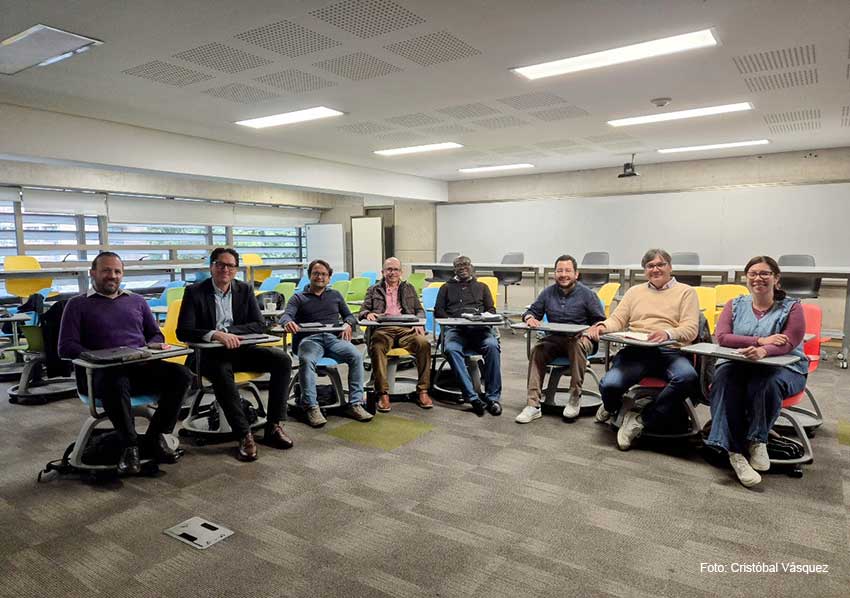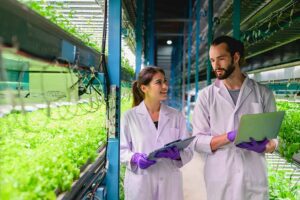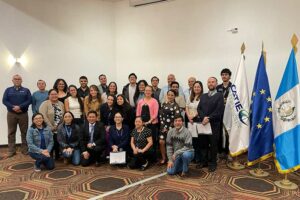International research promotes sustainable practices in the Global South

- The research, led by Róger Madrigal and Pablo Evia from CATIE’s Unit of Environmental Economics and Sustainable Agribusinesses (UEAAS/EfD), shares experiences on designing sustainable consumption strategies.
CATIE (Tropical Agricultural Research and Higher Education Center) strengthened its leadership in research on sustainable consumption and production during the SCOPE (Sustainable Consumption and Production) workshop held on March 18 and 19 at the University of the Andes, within the framework of the First Congress of the Latin American Association of Environmental and Resource Economists (LAERE) in Bogotá, Colombia.
The meeting was organized by the collaborative SCOPE research program, coordinated by CATIE under the leadership of researcher Pablo Evia. SCOPE is one of the main working areas of the Unit of Environmental Economics and Sustainable Agribusinesses (UEAAS/EfDfinancially supported by Environment for Development (EfD).
The event brought together researchers from CATIE, Universidad Iberoamericana, University of Gothenburg, Wageningen University, Universidad de Concepción, University of Ghana, University of Nigeria Nsukka y University of Nairobi, to address key issues such as food waste, electronice-waste, and the impact of fast fashion in low- and middle-income countries (LMICs), with a particular focus on Sub-Saharan Africa.
Over the two-day event, participants analyzed the main challenges in these areas, identified knowledge gaps, and discussed methodological approaches and strategies to tackle these issues.
CATIE at the forefront of applied research
Interactive sessions were held during the event, allowing researchers to share knowledge and generate synergies. In this regard, Evia stated: “These events are essential for strengthening cooperation among researchers and advancing sustainable solutions for consumption and production based on scientific evidence and applicable to different regional contexts.”
One of the highlights of the event was the discussion on the possibility of conducting cross-country comparative research using experimental economics tools to help propose solutions aimed at sustainable consumption and production. A plan of action was also outlined for future research and collaborations.
Looking to the Future
CATIE’s participation in the SCOPE workshop not only reaffirms its commitment to applied research and the development of innovative strategies for sustainable consumption, but also strengthens its role as a key player in international collaboration in environmental economics.
More information:
Pablo Evia Salas
Researcher
Environmental Economics and Sustainable Agribusiness Unit (UEAAS/EfD)
CATIE
pablo.evia@catie.ac.cr
Written by:
Daniela Rivera Villalobos
Research Assistant
Environmental Economics and Sustainable Agribusiness Unit (UEAAS/EfD)
CATIE
daniela.rivera@catie.ac.cr
Tag:consumo sostenible, EfD, research, SCOPE



